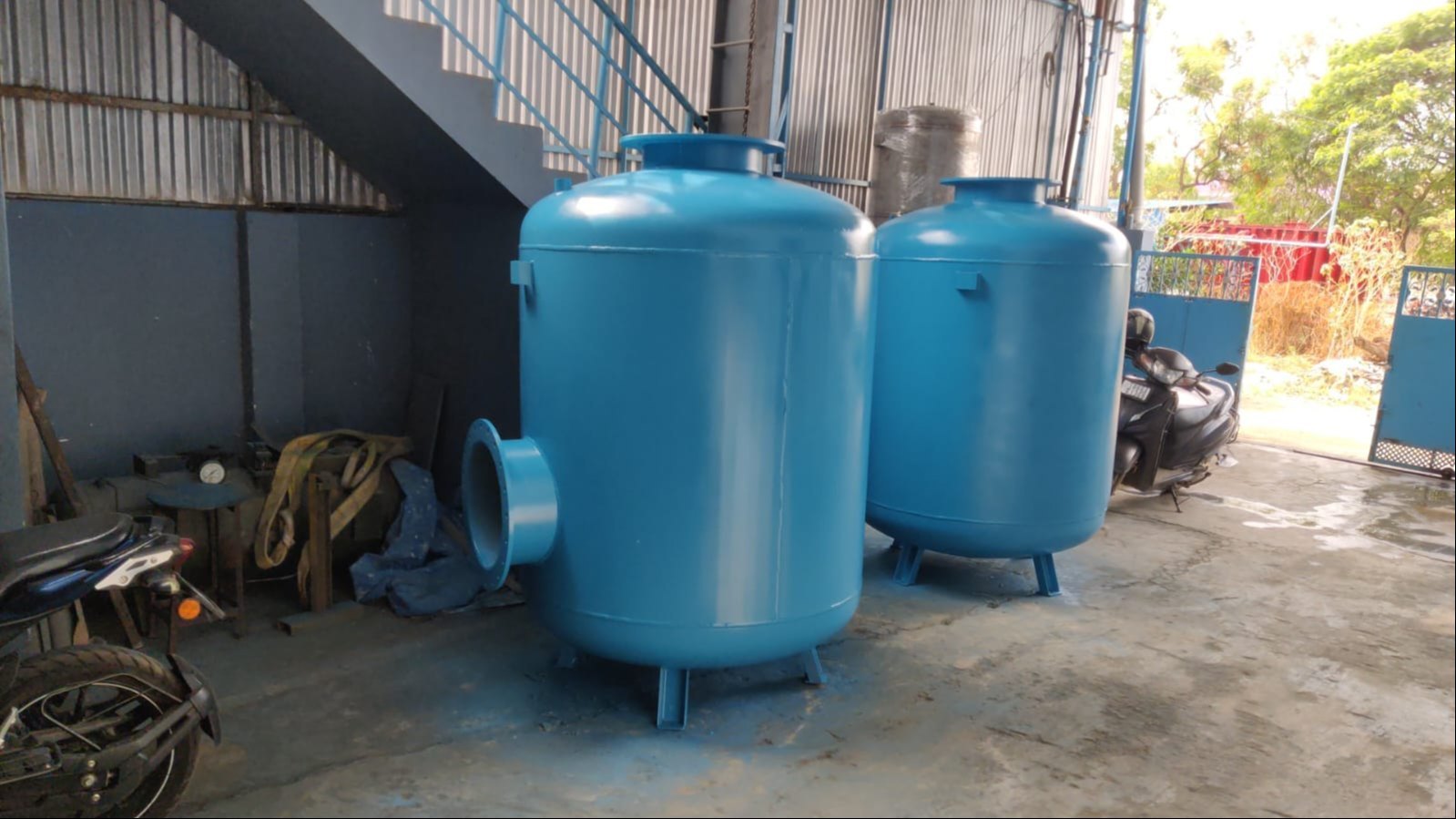Indonesia, an archipelago with over 17,000 islands and a population exceeding 270 million, faces significant challenges in waste management and sanitation. One of the essential components in addressing these challenges, especially in rural and suburban areas, is the septic tank system harga tangki stp. Septic tanks play a crucial role in managing household wastewater, preventing environmental pollution, and promoting public health.
The Importance of Septic Tanks in Indonesia
Septic tanks are underground wastewater treatment structures primarily used in areas without centralized sewer systems. They are common in Indonesia, where many regions lack extensive infrastructure for wastewater treatment. These systems are vital for:
- Wastewater Management: Septic tanks help manage wastewater from households, including water from toilets, baths, laundry, and kitchen drains.
- Environmental Protection: Properly designed and maintained septic tanks prevent the contamination of water bodies, soil, and the general environment.
- Public Health: By treating wastewater on-site, septic tanks reduce the risk of waterborne diseases, thus promoting public health.
How Septic Tanks Work
A typical septic tank system in Indonesia consists of a tank and a soil absorption field or drain field. Here’s how it operates:
- Collection: Wastewater from the household enters the septic tank through a pipe.
- Separation: In the tank, solids settle at the bottom forming sludge, while oils and grease float to the top as scum. The middle layer contains partially clarified water.
- Decomposition: Bacteria in the tank break down the solids. The sludge and scum remain in the tank, while the liquid (effluent) flows out into the drain field.
- Absorption and Filtration: The effluent is released into the drain field, where it is absorbed and further filtered by the soil, removing harmful bacteria, viruses, and nutrients.
Challenges in the Indonesian Context
Indonesia’s diverse geography and varied population density present unique challenges for septic tank systems:
- High Water Table: In many coastal and low-lying areas, the high water table can affect the efficiency of septic systems, leading to potential groundwater contamination.
- Flooding: Indonesia is prone to heavy rains and flooding, which can overwhelm septic systems and cause untreated wastewater to overflow.
- Population Density: In densely populated urban areas, space constraints make it difficult to install and maintain septic tanks and drain fields.
- Maintenance Awareness: There is often a lack of awareness and resources for regular maintenance, leading to system failures and environmental pollution.
Government Initiatives and Community Efforts
The Indonesian government has recognized the importance of improving sanitation infrastructure, including septic tanks. Various programs and initiatives have been launched to address these issues:
- Sanitation Programs: National initiatives like the Community-Based Sanitation Program (Sanimas) aim to improve sanitation facilities in urban and rural areas.
- Regulations and Standards: The government has established regulations and standards for septic tank design, installation, and maintenance to ensure efficiency and safety.
- Public Awareness Campaigns: Efforts to educate the public on the importance of proper septic tank maintenance and waste management practices are ongoing.
- International Cooperation: Indonesia collaborates with international organizations to access funding, technology, and expertise for improving its sanitation infrastructure.
Future Prospects
As Indonesia continues to develop, the need for efficient and sustainable wastewater management systems becomes increasingly critical. Future prospects for septic tank systems in Indonesia include:
- Technological Innovations: The adoption of advanced septic tank technologies that enhance efficiency and minimize environmental impact.
- Integrated Wastewater Solutions: Combining septic tanks with other wastewater treatment solutions, such as constructed wetlands and biogas systems, to create integrated and sustainable approaches.
- Policy and Investment: Continued government support, investment in infrastructure, and policy improvements to ensure the long-term sustainability of septic tank systems.
Septic tanks play a vital role in managing wastewater in Indonesia, particularly in areas lacking centralized sewer systems. Despite the challenges, with ongoing government initiatives, community efforts, and technological advancements, the future of septic tank systems in Indonesia looks promising.
